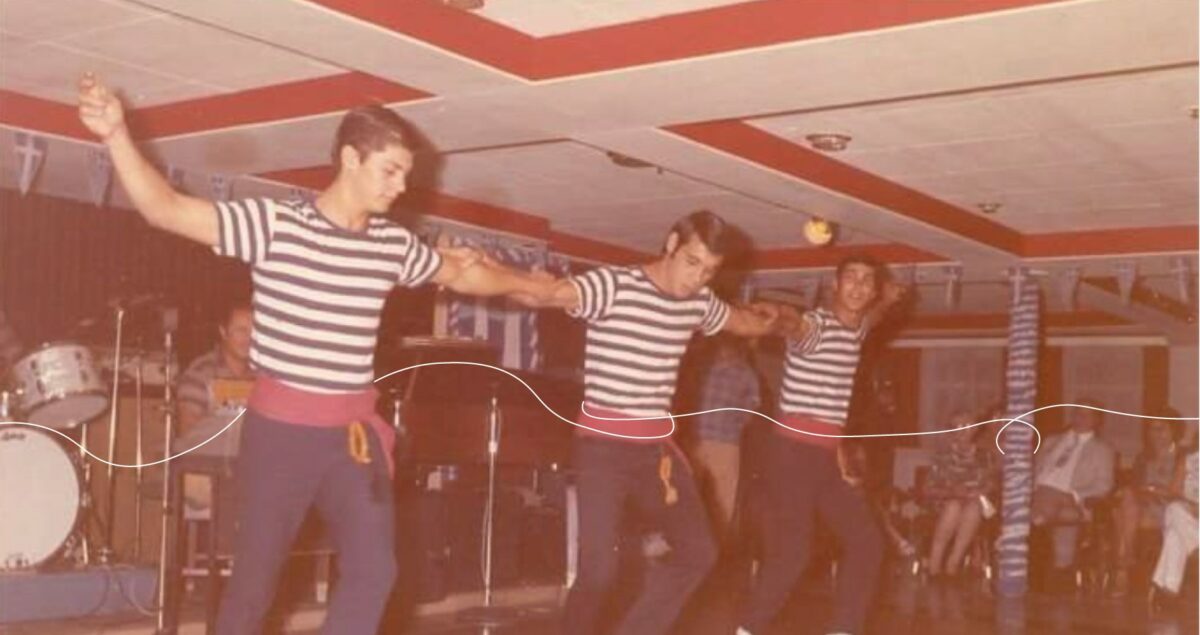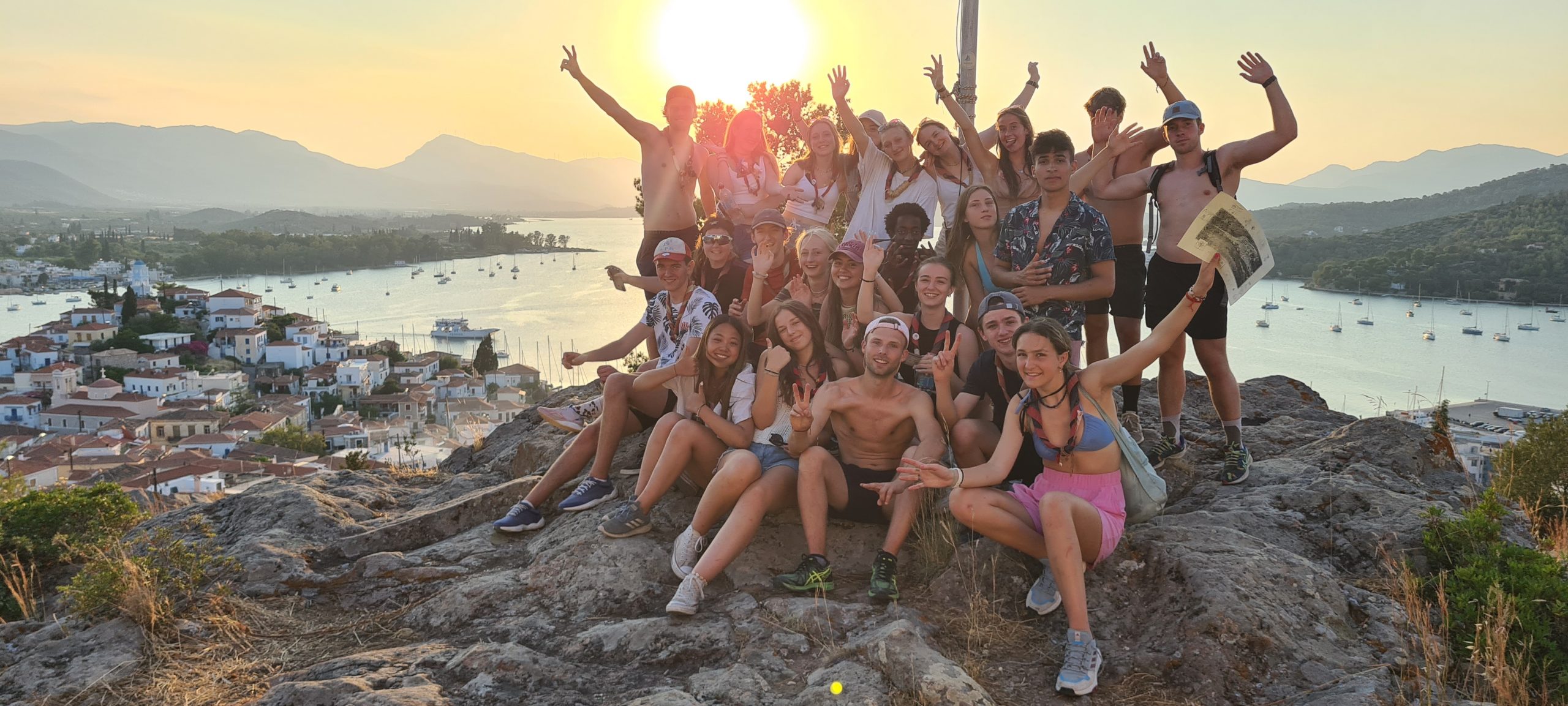
We say no to the development of industrial fisheries at Poros!
We say no to the development of industrial fisheries at Poros!
The Areas of Organized Aquaculture Development (ΠΟΑΥ) are zones of exclusive activity of fish farms and other types of aquaculture. They occupy vast sea and land areas. Katheti, having joined forces with organizations that promote sustainable tourism, chose to raise the issue, because at this time it affects all of us. Industrial-scale fish farms at Poros are in the final stage of the approval process. Let’s examine the reasons why we say no to the development of industrial fisheries at Poros!
As Mr. Dimitriadis, the Mayor of Poros, stated at the open debate, which took place on Saturday, December 3d, 2022, the actions of the Municipality and the Competition Committee, with a focus on exerting political pressure and communication actions, have slowed every aspect of development. But this is not enough. In order to exclude Poros from the Organized Aquaculture Development Areas, it is crucial that we push the government to achieve this result before the elections. Otherwise, the next government with a renewed popular mandate will immediately sign the Presidential Decree establishing the development of industrial fisheries at Poros.
What does this mean for the island and its inhabitants?
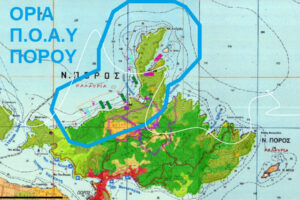
The technical study on industrial-scale fish farms at Poros forecasts the capture of 2.69 km2 at sea and 6 km2 on land. These areas will be used for the establishment of fish farms, fish hatcheries, packing and processing plants, net washing machines, roads, port facilities and more. Essentially, companies will manage about a quarter of the island. At the same time, in this area, which includes forest and beaches, the possibility of developing any other activity is excluded.
The aim of the plant is to increase production to 8,831 tons per year, from the current 1,147 tons. This means burdening the surrounding area with 14.8 tons of feces per day, equivalent to a town of 33,500 inhabitants, food waste, medicines and landfill waste1. Dr Christopher Gobler and Konstantinos Routos state in a related document that they compiled that it is important when determining an ideal location for the establishment of fish farming units to weighed economic gains against the potential negative impacts on the region. They believe, for many reasons, that industrial-scale fish farms at Poros will have long-lasting negative economic, ecological, and public health repercussions. A blow to the island’s ecosystem affects both the organisms that live on it and public health. The phenomenon of eutrophication of toxic algae, which is directly linked to fish farms, leads to the production of substances 10,000 times stronger than cyanide. Through the food chain, these substances pass to humans causing severe neurotoxic effects, such as the reversal of hot and cold sensation, muscle and joint aches, bradycardia, hypotension, and fatality Apart from these, it also affects tourism, the largest economic engine for the island. The attraction of our visitors is the island’s pristine shorelines and coastal waters nature. The development of fish farming facilities in the sea and on land disrupts the features that make Poros an attractive tourist destination. That’s why we say no to the development of industrial fisheries at Poros!
There are other solutions
 Surely such a unit will create some jobs. But it is not compatible with other professional activities that exist, or could be developed, and with other land uses. In addition, it degrades the central role of the island in marine tourism and generally, alters its touristic character2.
Surely such a unit will create some jobs. But it is not compatible with other professional activities that exist, or could be developed, and with other land uses. In addition, it degrades the central role of the island in marine tourism and generally, alters its touristic character2.
Industrial-scale fish farms at Poros could be combined with the model of fish farming tourism. Compared to this, however, sustainable tourism involves a greater variety of activities and concerns more types of professions. Therefore, it creates jobs in more sectors. In addition, it is addressed to a wider group of visitors.
In this way, the financial benefits stay locally. Local development is strengthened and the local population is maintained to a greater extent.
According to the database of the NTUA “Filotis”, Poros is a place in excellent natural condition, with important types of vegetation. It has been characterized as a Landscape of Outstanding Natural Beauty. Its ecological, aesthetic, cultural and historical value, combined with a comprehensive action plan, offer much more potential for development than its industrialization.
 So why should the island suffer such a degradation, when in fact even for the companies another solution is available? We say no to the development of industrial fisheries at Poros! The Institute of Marine Conservation “Archipelagos” points out that fish farms should be transferred to the open sea3. In addition, the load-bearing capacity must be compatible with the actual potential of each site and not be calculated on the basis of economic models. This approach, as a truly sustainable, environmentally and economically, fish farming model, has been applied for decades in many EU areas.
So why should the island suffer such a degradation, when in fact even for the companies another solution is available? We say no to the development of industrial fisheries at Poros! The Institute of Marine Conservation “Archipelagos” points out that fish farms should be transferred to the open sea3. In addition, the load-bearing capacity must be compatible with the actual potential of each site and not be calculated on the basis of economic models. This approach, as a truly sustainable, environmentally and economically, fish farming model, has been applied for decades in many EU areas.
We say no to the development of industrial fisheries at Poros!
All these facts led the Municipality and many of the locals to strongly express their opposition to industrial-scale fish farms at Poros. But the prevention of such a plan requires the participation of all of us. Even a signature has power. Let’s state our position with a signature here. We have a right to self-determination! Join Katheti’s work! 1Source 2Source 3Source
Category
Recent
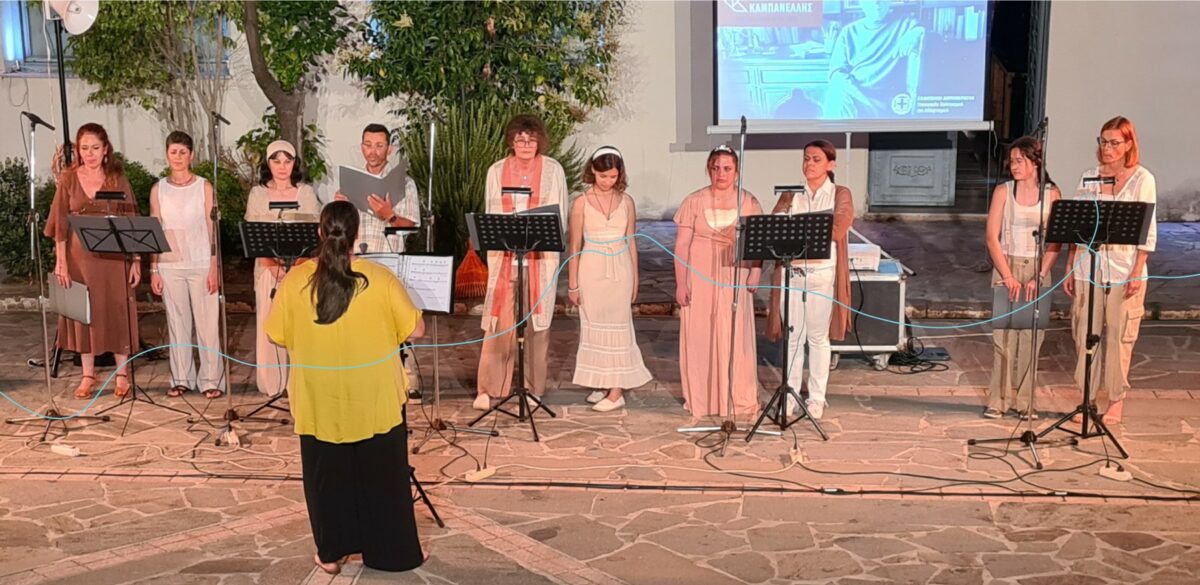
Vocal Ensemble Workshop 2023-2024
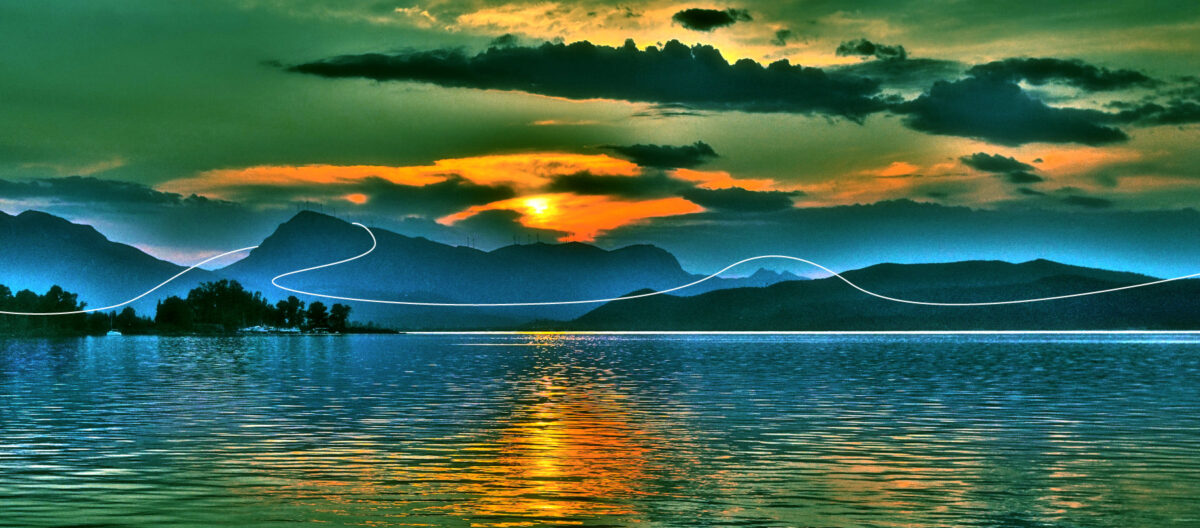
Photography Exhibition “Our Sea”
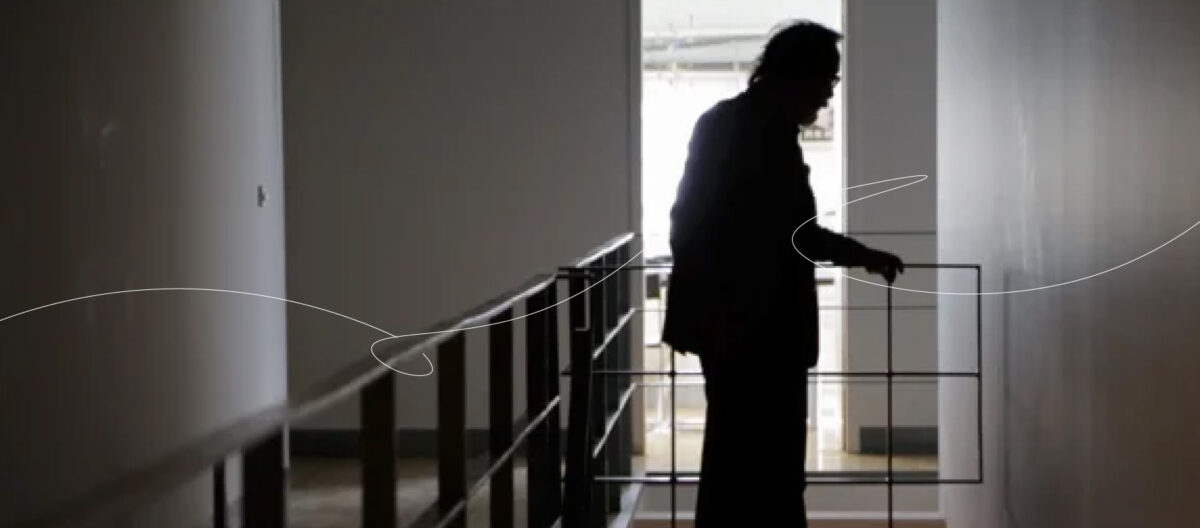
Cinema Night “How to Steal a Chair”
